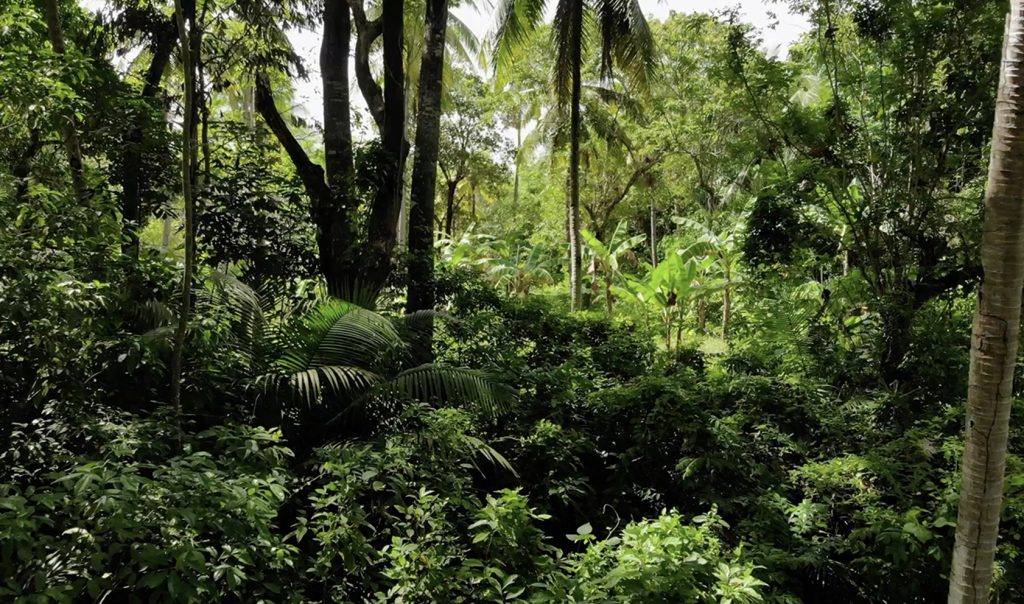Forest landscapes play a vital role in shaping climates of different countries, absorbing carbon, and providing habitats for millions of species.
In 2025, the distribution of forests across the globe shows that just a handful of countries hold a significant share of the world’s woodland. Data from the Global Forest Resources Assessment 2025 by the UN Food and Agriculture Organization (FAO), released this October, highlights how forested areas are spread across the planet.
1. Russia – 833 million hectares
Russia dominates global forest coverage, with over 20% of the world’s forests. Its vast boreal forests stretch across Siberia and the Far East, playing a crucial role in carbon storage and biodiversity preservation.
2. Brazil – 486 million hectares
Brazil is home to the Amazon rainforest, the world’s largest tropical forest. It holds nearly 12% of global forest cover and is a vital ecosystem for both climate regulation and wildlife diversity.
3. Canada – 369 million hectares
Canada’s forests, primarily boreal, cover almost 9% of the world’s total. They are key to carbon sequestration and provide critical habitats for wildlife, from moose to migratory birds.
4. United States – 309 million hectares
The U.S. forests, including the vast woodlands of Alaska and the Pacific Northwest, represent over 7% of global tree cover. They support a variety of species and contribute significantly to national carbon capture efforts.
5. China – 227 million hectares
China has made major reforestation efforts in recent decades, bringing its forest coverage to nearly 5.5% of the world’s total. These forests help mitigate soil erosion and improve air quality across the country.
6. Democratic Republic of the Congo – 139 million hectares
The DRC contains a large portion of the Congo Basin, the second-largest tropical rainforest on Earth. Its forests are home to countless species and play a crucial role in global climate stability.
7. Australia – 134 million hectares
Australia’s forests, from eucalyptus woodlands to tropical rainforests, make up more than 3% of global forest cover. They are vital for biodiversity but face increasing pressure from wildfires and climate change.
8. Indonesia – 96 million hectares
Indonesia’s tropical forests, including those on Sumatra and Borneo, are rich in biodiversity. They also act as critical carbon sinks, though deforestation remains a significant challenge.
9. India – 73 million hectares
India’s forests account for nearly 2% of global tree cover, spanning tropical, subtropical, and Himalayan ecosystems. They provide livelihoods, protect watersheds, and support diverse flora and fauna.
10. Peru – 67 million hectares
Peru’s forests, mainly in the Amazon basin, contribute 1.6% of global forest cover. They are a hotspot for biodiversity and play a key role in regulating regional and global climate patterns.
The post Top 10 countries with the largest forests in 2025 appeared first on Vanguard News.

